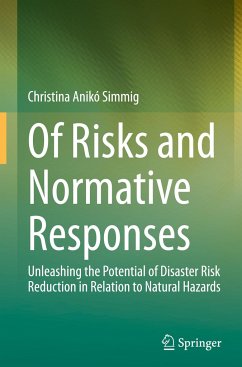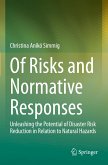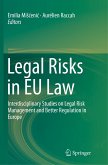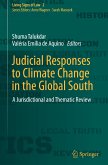Disaster losses in the context of natural hazards continue to rise, despite a growing understanding of disaster risks and measures to reduce them. One obstacle to enhancing private and public disaster risk reduction is the influence of the distorted risk perception of laypeople. The book argues for the necessity of public regulations and explores means to mitigate the consequences of such distorted risk perception through legal measures and adjustments to political decision-making in Council of Europe member states, while respecting the value of autonomy and democratic principles. In terms of collective decision-making, the book advocates for the implementation of deliberative fora in the democratic decision-making process to mitigate the influence of distorted risk perception associated with natural hazards. Additionally, the book discusses a range of disaster risk reducing measures that member states may lawfully implement to protect individuals and communities from the consequencesof distorted risk perceptions related to common natural hazards. To underscore the merits of strengthening disaster risk reduction from the bottom-up, this book demonstrates how fundamental rights and democratic values impede attempts to increase DRR from the top-down, even in cases where people's risk perceptions are distorted. In doing so, the book addresses the issue of disaster risk reduction in a novel way by exposing how legal and political barriers to disaster loss reduction can be overcome by giving higher priority to mitigating distorted risk perceptions.








